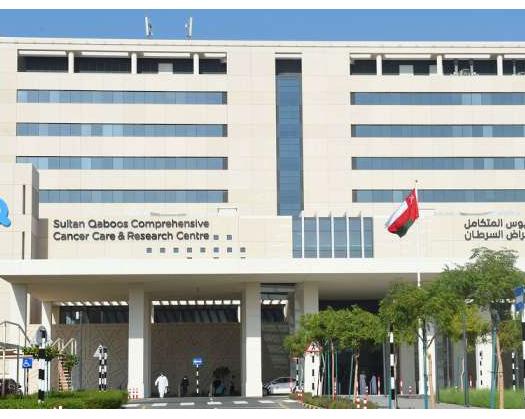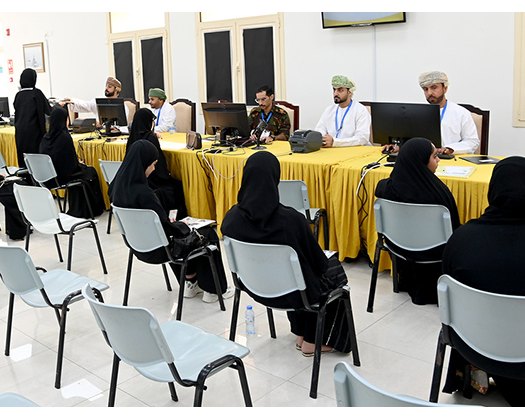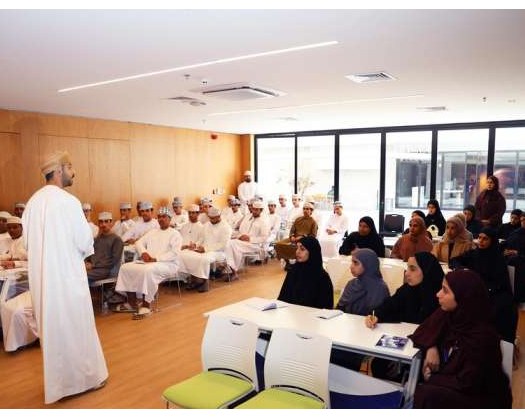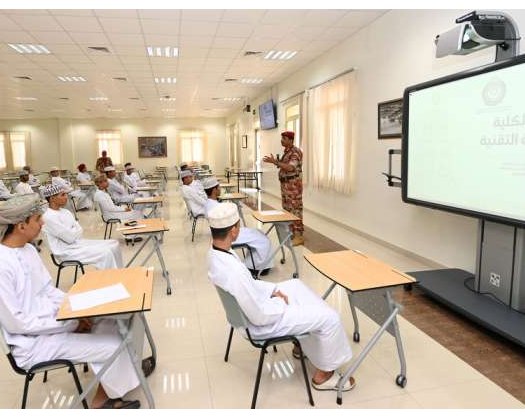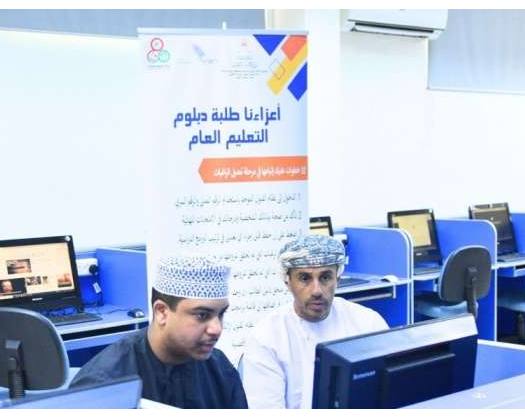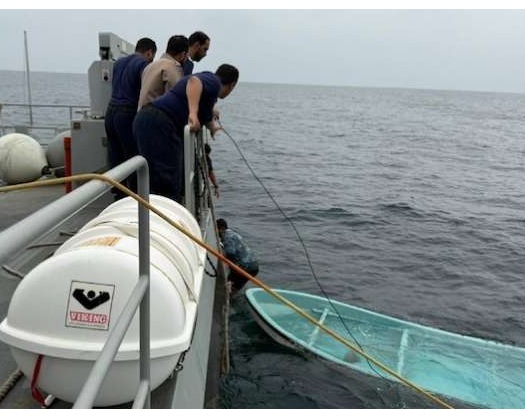Muscat: The University Medical City, represented by the Radiology and Nuclear Medicine department at the Sultan Qaboos Comprehensive Cancer Care and Research Center (SQCCCRC), has announced the successful completion of the inaugural Fibroblast Activation Protein Inhibitor (FAPI) PET/CT studies. This achievement marks a significant milestone, as it is the first of its kind within the Sultanate of Oman.
The technique involves administering the patient with a radiopharmaceutical FAPI intravenously, which specifically targets fibroblast activation protein, a key component found in cancer-associated fibroblasts. Following this, the patient undergoes imaging in a PET/CT scan, which facilitates more precise visualization of various tumors. Moreover, FAPI PET/CT holds promising potential in the identification of fibrotic diseases, including cardiac fibrosis and chronic inflammatory conditions, thereby broadening its diagnostic utility.
Dr. Khulood Salim Al Riyami, Nuclear Medicine Consultant and Section Head at SQCCCRC, stated, "We have successfully concluded the initial studies of fibroblast-activating protein inhibitors (FAPI) utilizing positron tomography (PET/CT), which have demonstrated high-quality results from the radiopharmaceutical preparation to accurate biodistribution during imaging."
Dr. Khulood further elaborated, "In the field of oncology, FAPI PET/CT offers detailed insights into tumor biology, thereby enhancing the precision of cancer diagnosis and staging. It aids in the detection of cancerous tissues, plays a pivotal role in treatment planning, and paves the way for future theranostics applications."
Dr. Rashid Fu’ad Al Sukaiti, Senior Consultant Radiologist and Head of the Radiology and Nuclear Medicine Department at Sultan Qaboos Comprehensive Cancer Care and Research Center, expressed anticipation in offering this advanced service to patients in the near future. He emphasized the goal of further enhancing the capabilities of the medical center in providing comprehensive and state-of-the-art healthcare services, thereby reducing the necessity for patients to seek advanced diagnostics abroad and ensuring they receive top-tier care locally.
Dr. Khalid Al Baimani, the In-charge of SQCCCRC, commented, "This pioneering study underscores the commitment of the University Medical City and SQCCCRC to innovation and keeping abreast of the latest global advancements in medical services. It is a testament to the visionary leadership of the UMC, which underpins our continuous pursuit of excellence."

